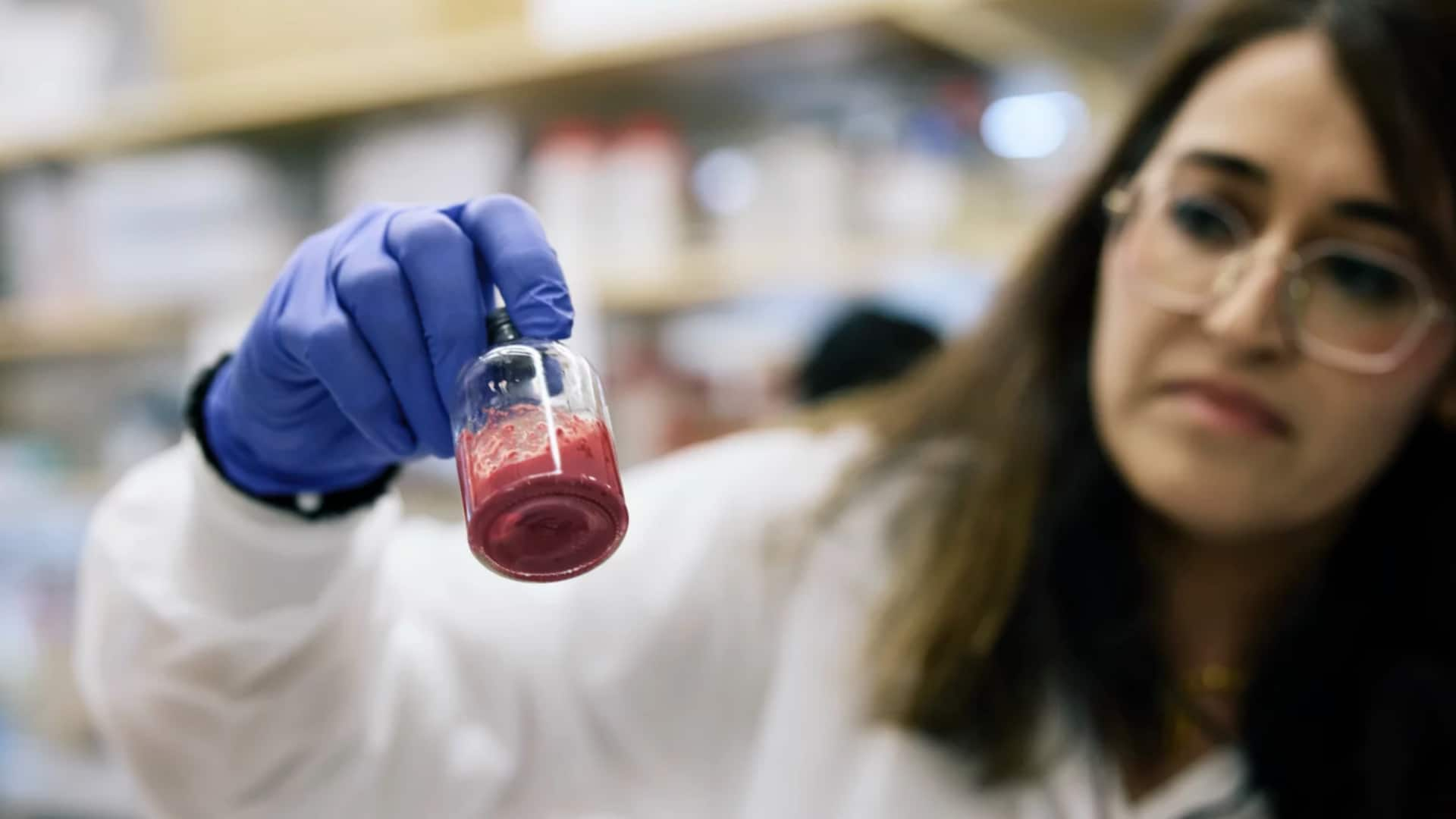
Scientists developing artificial blood that could change emergency care
What's the story
Researchers at the University of Maryland School of Medicine are developing a portable artificial blood substitute aimed at stabilizing trauma patients before they reach a hospital. Backed by US Department of Defense funds, the solution could drastically reduce mortality in remote accident sites and conflict zones. This innovation marks a significant step toward lifesaving on-site intervention. It will benefit hundreds of thousands of people who die from excessive bleeding every year around the world.
Solution
How the synthetic blood is made
The artificial blood being developed could be stored in powdered form and reconstituted by medics on the spot. Dr. Allan Doctor is leading this innovative research. His team makes synthetic blood from hemoglobin, a protein that carries oxygen throughout the body. They extract hemoglobin from expired blood and encase it in a fat bubble, creating artificial red blood cells. Doctor said this protective bubble is the key to overcoming safety issues linked with other synthetic blood attempts.
Safety measures
Long shelf life, easy transportability
The team then freeze-dries these artificial red blood cells into a powder that can last until an emergency. "At the moment it's needed, a medic can mix it with water and within a minute you have blood," Doctor said. "It is shelf-stable for years, and it can be easily transported. And so the point is so you can give a transfusion at the scene of an accident."
Expansion
Military applications and current status of research
The artificial blood could also be used by military medics to save injured soldiers. The US Department of Defense is investing over $58 million in a consortium developing this synthetic blood along with other components for clotting and blood pressure maintenance. Doctor's team has tested their artificial blood on hundreds of rabbits, showing promising results so far. The team hopes to start human trials within two years, following the positive results from animal testing.